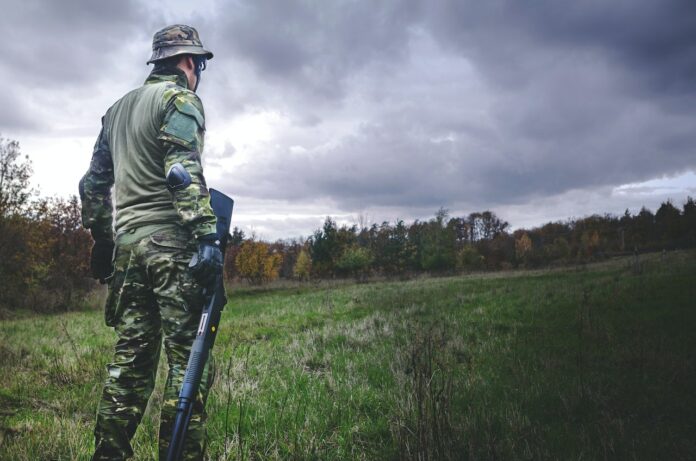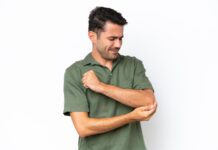In an unpredictable world, personal safety is a concern for many individuals. While self-defense skills and situational awareness are crucial, having the right weapon can provide an added layer of protection. However, selecting the appropriate self-defense weapon requires careful consideration. Here we will guide you through the process of choosing the right weapon for self-defense, emphasizing factors such as effectiveness, legality, practicality, and personal preference.
1. Assess Your Needs and Capabilities:
Before delving into specific self-defense weapons, it’s important to evaluate your needs and capabilities. Consider factors such as physical strength, dexterity, comfort level with weapons, and legal restrictions in your area. Additionally, analyze your environment and the potential threats you may encounter. Understanding these aspects will help you narrow down your options.
2. Non-Lethal Self-Defense Options:
Non-lethal weapons are designed to incapacitate an attacker without causing permanent harm or death. These weapons are typically legal in many jurisdictions and provide an alternative to lethal force. Some popular non-lethal options include:
- Pepper Spray: A canister containing Oleoresin Capsicum (OC) irritant, pepper spray temporarily blinds and disorients an attacker, giving you time to escape.
- Stun Guns: These devices deliver a non-lethal electric shock, temporarily immobilizing an assailant. Stun guns are effective at close range but require direct contact to be effective.
- Tasers: Similar to stun guns, tasers deliver an electric shock. However, tasers can be deployed from a distance, using wired projectiles or direct contact. Tasers are more effective and offer greater personal safety.
- Personal Alarms: Emitting a loud, attention-grabbing sound, personal alarms are useful for drawing attention and potentially scaring off an attacker.
3. Lethal Self-Defense Options:
In situations where non-lethal options may not suffice, lethal self-defense weapons can be considered. However, the use of lethal force should always be the last resort and should comply with the laws and regulations of your jurisdiction. Some common lethal self-defense options are:
- Firearms: Guns provide the most effective means of self-defense but require responsible ownership and extensive training. Before considering a firearm, research local laws, obtain the necessary permits, and enroll in proper training programs. You can buy pump action shotgun for self-defense.
- Knives: A knife can be a versatile tool for self-defense. However, it requires close-quarters combat skills and should only be used if necessary and within the boundaries of the law.
- Batons: Expandable batons or telescopic rods are compact and easy to carry, providing a close-quarters defensive option. They require training in self-defense techniques and should be used with caution.
4. Training and Familiarization:
No matter which self-defense weapon you choose, proper training and familiarization are essential. Seek professional instruction to develop the necessary skills to handle and deploy your chosen weapon effectively and responsibly. Training enhances your confidence, decision-making abilities, and muscle memory, ensuring that you can respond appropriately in high-stress situations.
5. Legal Considerations:
While self-defense is a fundamental right, the legality of carrying and using certain weapons varies by jurisdiction. Familiarize yourself with the local laws regarding self-defense weapons to ensure compliance and avoid legal repercussions. It is essential to understand the boundaries of self-defense and use force proportionally to the threat faced.
Conclusion:
Choosing the right weapon for self-defense is a personal decision that requires careful evaluation of your needs, capabilities, and legal constraints. Whether opting for non-lethal or lethal options, always prioritize safety, legality, and responsible use. Remember, self-defense weapons are tools to enhance your personal safety, but developing situational awareness, self-defense skills, and a proactive mindset are just as crucial. Self-defense should always be approached with the intention of preserving life and minimizing harm.
Ultimately, the right weapon for self-defense will vary from person to person. It is important to choose a weapon that aligns with your abilities, comfort level, and legal framework. Prioritize weapons that you can handle effectively, whether non-lethal options such as pepper spray or stun guns, or lethal options like firearms or knives. However, remember that possessing a weapon does not guarantee safety. Regular training, practice, and a proactive mindset are vital components of self-defense.
Additionally, it is essential to stay informed about the laws and regulations governing self-defense weapons in your area. Compliance with local laws will help ensure that you stay on the right side of the law while protecting yourself.
In conclusion, selecting the right self-defense weapon requires thoughtful consideration of various factors, including personal capabilities, legal restrictions, and comfort levels. While a weapon can provide an added layer of protection, it should always be viewed as a last resort when all other options have been exhausted. Ultimately, the most effective self-defense weapon is a combination of awareness, preparedness, and the ability to make quick and informed decisions in challenging situations.













